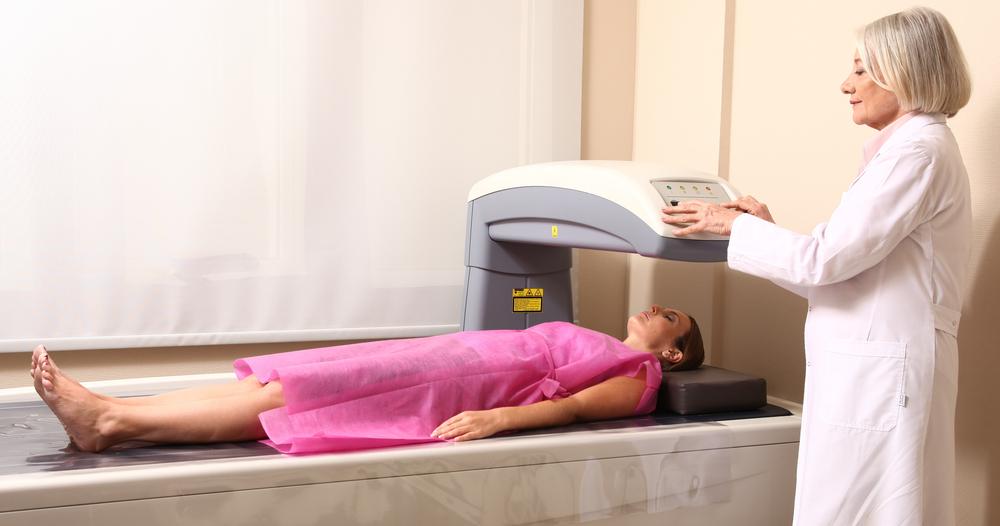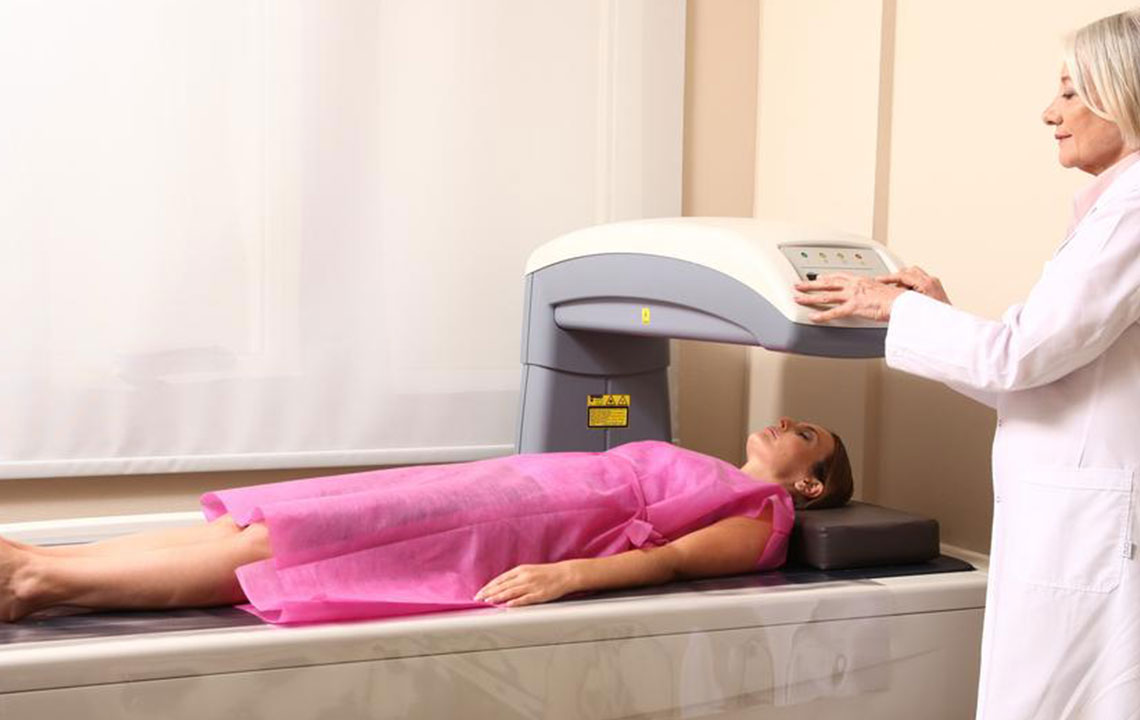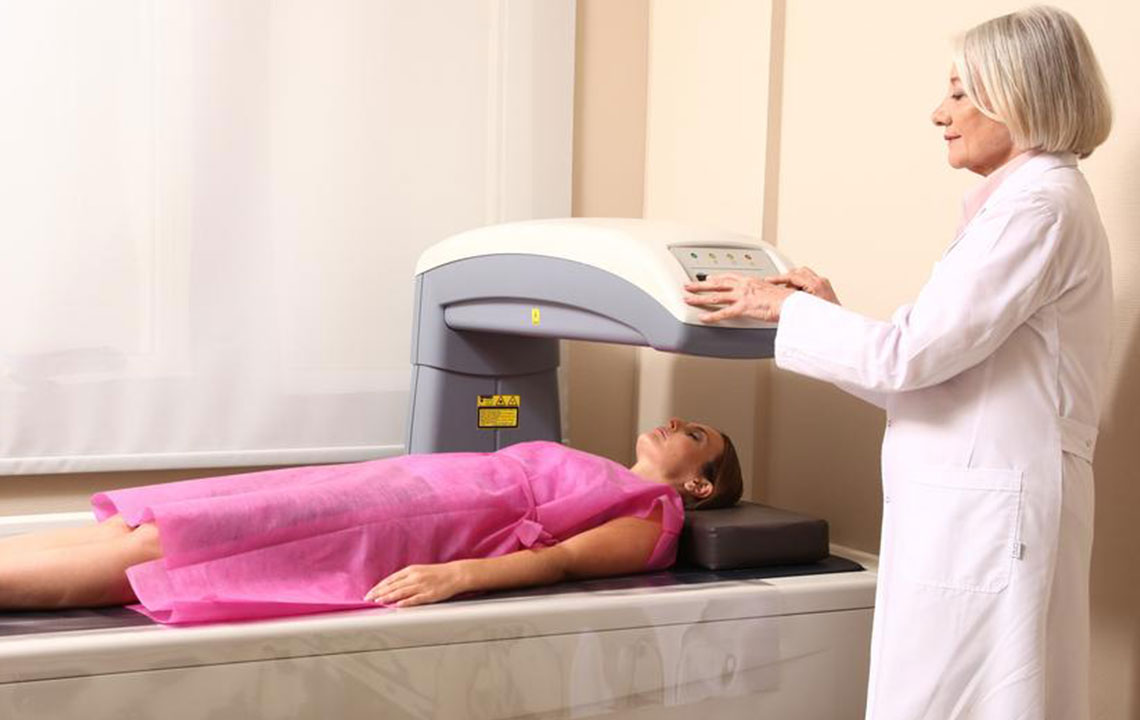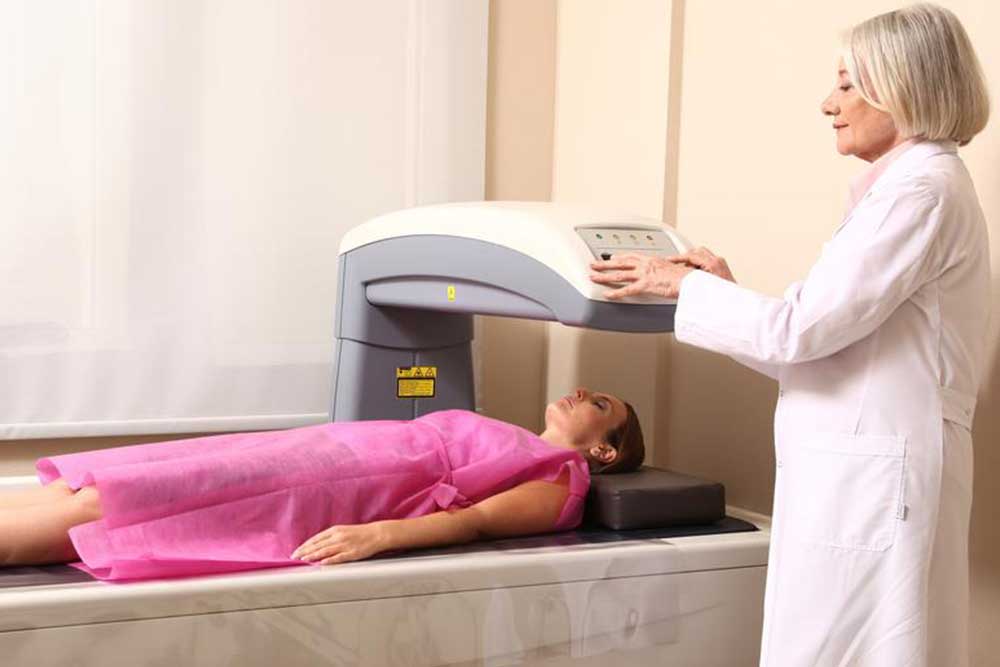Importance of Undergoing a Bone Density Assessment
Discover the importance of bone density testing for assessing bone health, identifying risk factors for osteoporosis, and preventing fractures. Learn when to get tested, especially if you have a family history, experience height loss, or are postmenopausal. Regular testing and proper nutrition are key to maintaining strong bones and preventing osteoporosis-related complications.
Sponsored

Significance of Bone Density Evaluation
A bone density assessment measures the strength and mineral content of bones, helping to evaluate the risk of fractures and osteoporosis. This quick, painless procedure uses dual-energy X-ray absorptiometry to scan areas like the spine, hips, fingers, wrists, or heels.
Reasons to consider a bone density scan:
Previous fractures: If you've experienced fractures or are at higher risk, testing can reveal underlying bone health issues. Low density increases fracture chances.
Height reduction: Unexpected height loss may signal declining bone health. Testing helps identify if low bone density is a factor.
Severe underweight: Those under 127 pounds have a higher risk of weakened bones and fractures, often linked to poor nutrition and calcium deficiency.
Post-transplant care: After organ transplants, monitoring bone density is vital as the body adjusts, preventing potential deterioration.
Hormonal fluctuations: Sudden drops in hormones from medications or steroids can impact bone strength, making assessment necessary.
Family history of osteoporosis: Genetics play a role; regular tests can detect early bone loss in at-risk individuals.
Women over 50: Menopause causes significant estrogen reduction, leading to rapid bone loss. Regular assessments and dietary adjustments are recommended to maintain bone health.
Factors like smoking, hyperthyroidism, and inactivity further affect bone density. A diet rich in vitamin D and calcium supports strong bones.






